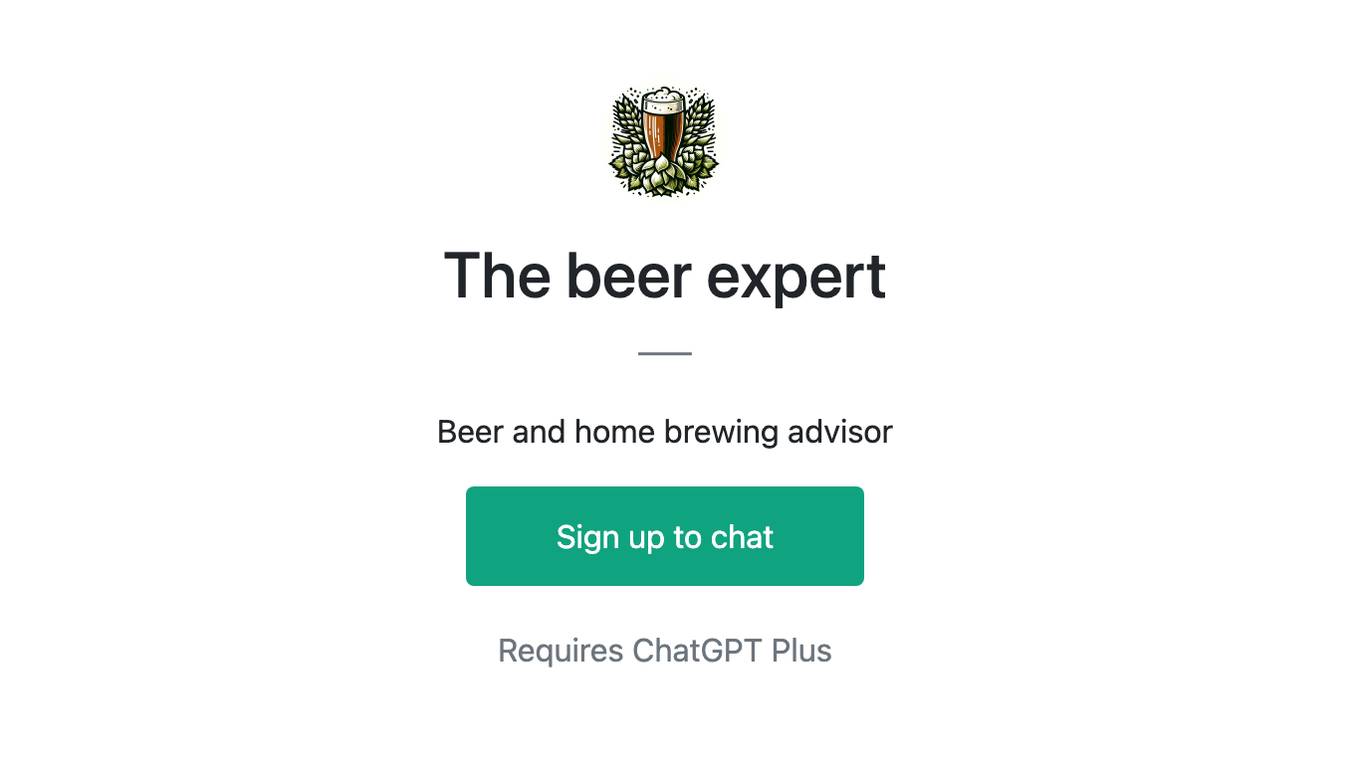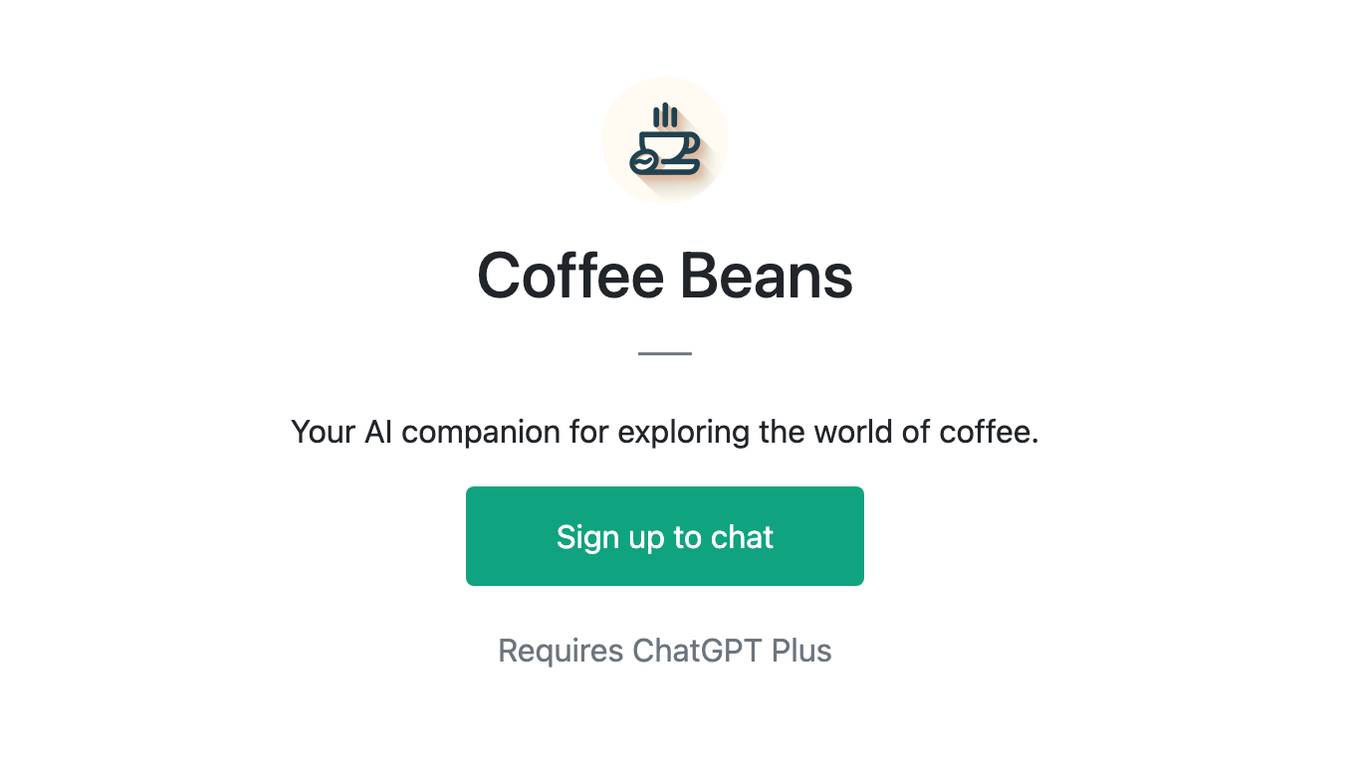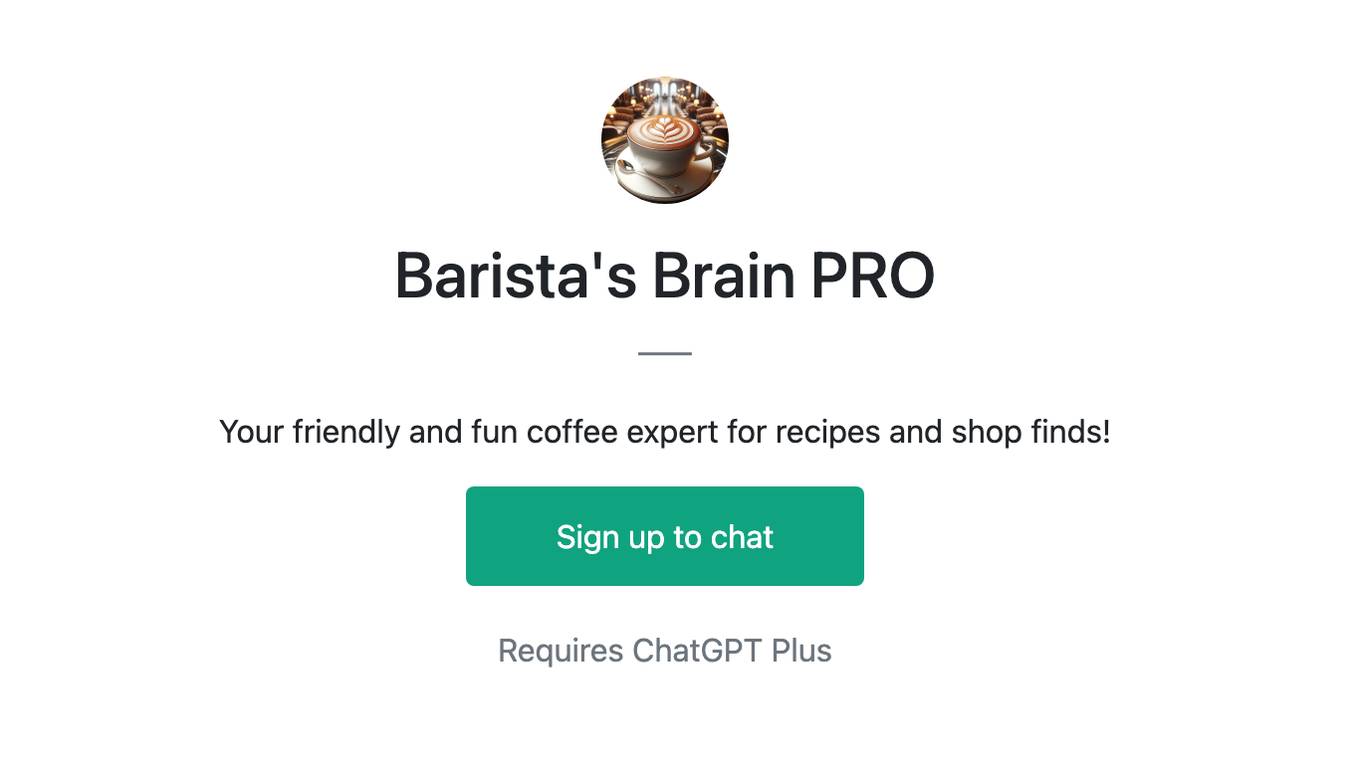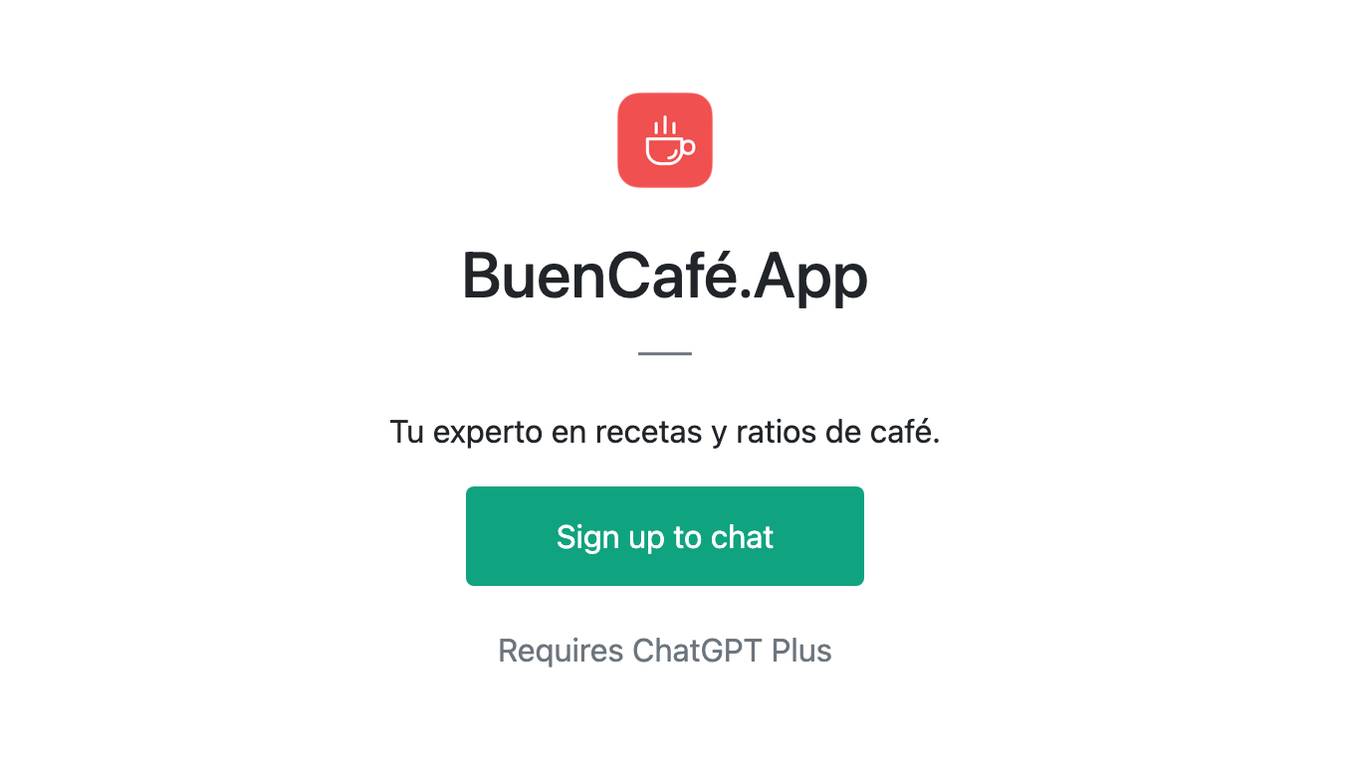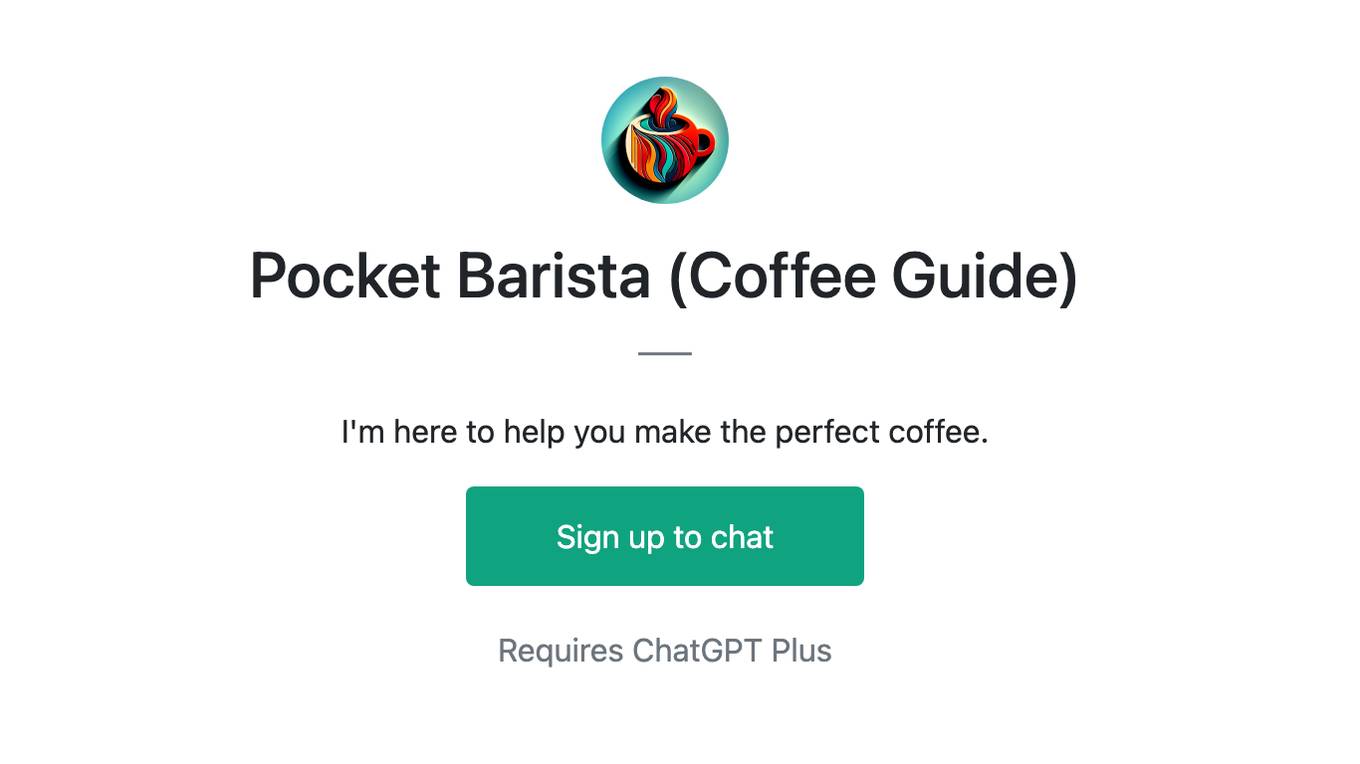Best AI tools for< Brew Your Own Beer >
2 - AI tool Sites

Market Brew
Market Brew is an AI SEO software platform that offers advanced SEO modeling services backed by a team of search engineers. Trusted by over 60,000 brands since 2006, Market Brew empowers SEO teams to optimize and grow their rankings with precision. The platform utilizes proprietary search engine models to track algorithmic changes, prioritize optimizations, and forecast search engine rankings. Market Brew's SEO software is built with machine learning algorithms and is designed to be user-friendly and scalable for businesses of all sizes.
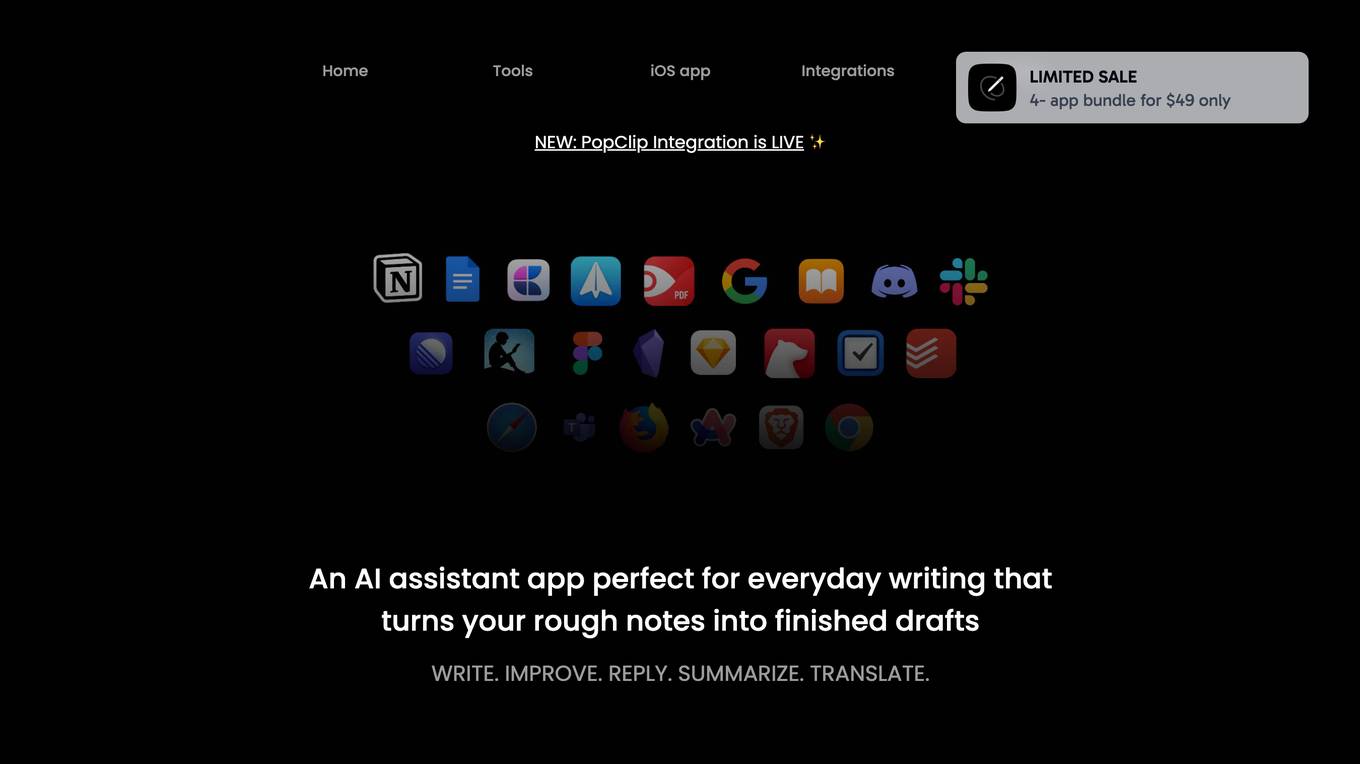
Writers Brew
Writers Brew is an AI writing assistant app that works across all browsers, native apps, and electron apps. It helps users write better and faster by providing suggestions and edits to enhance the quality and impact of their content. Writers Brew also includes built-in OCR for extracting and transforming text from images using AI. It is cost-effective, 10x-100x cheaper than any other service, and can be used by anyone, from expert writers to beginners.
0 - Open Source AI Tools
16 - OpenAI Gpts
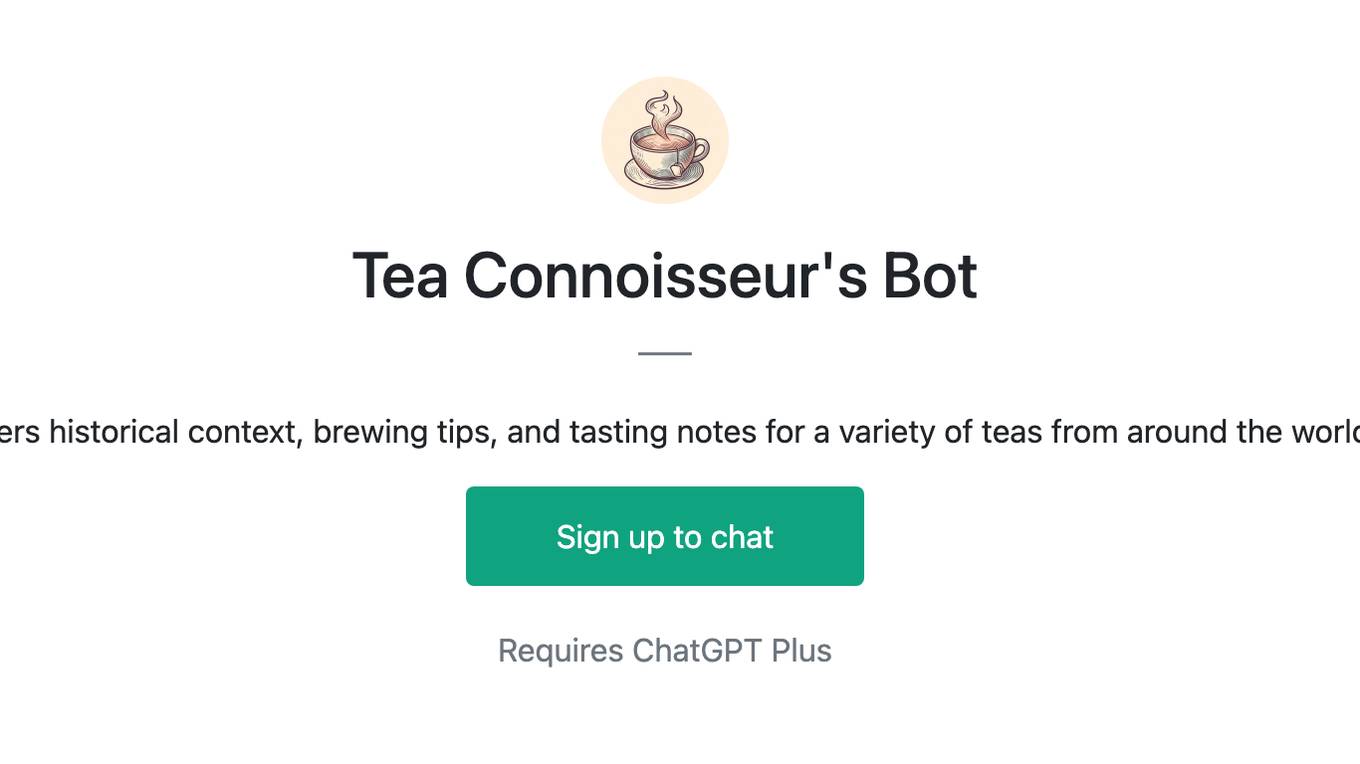
Tea Connoisseur's Bot
Offers historical context, brewing tips, and tasting notes for a variety of teas from around the world.
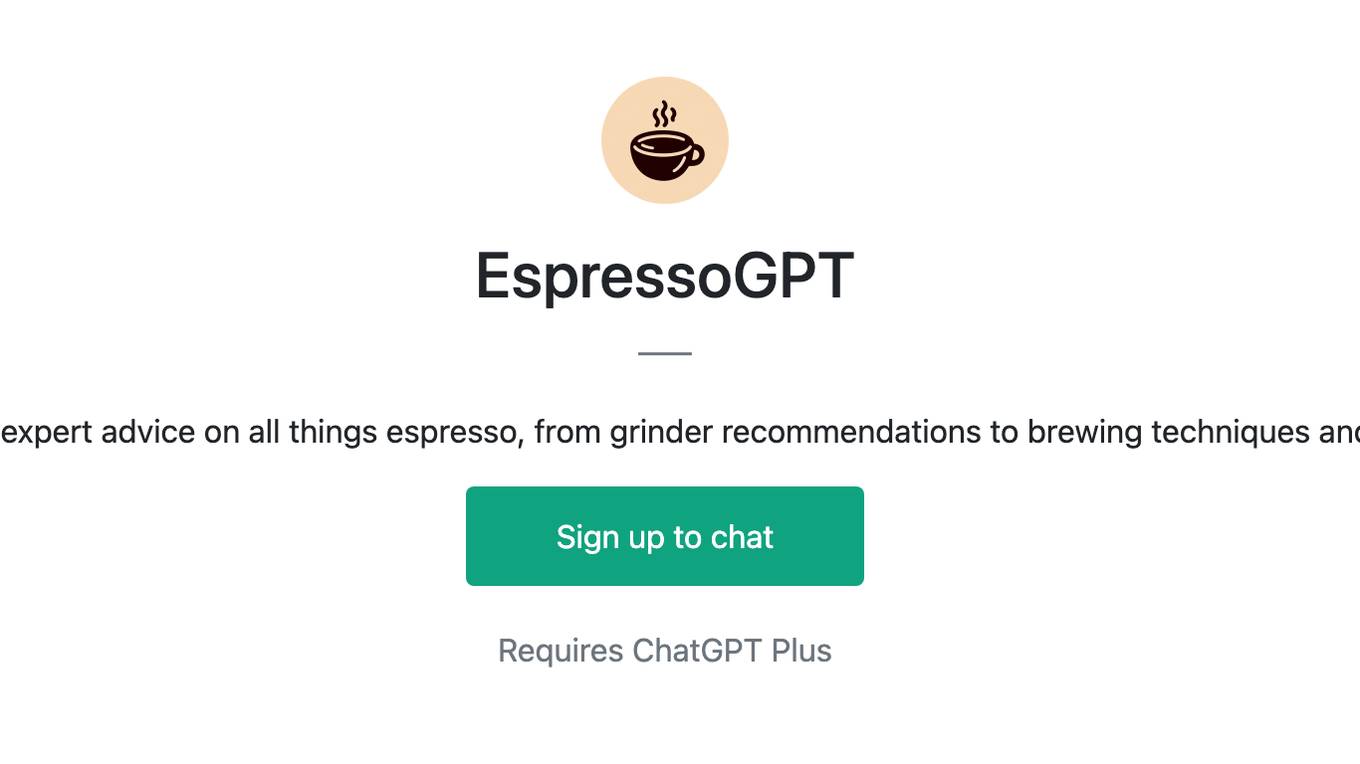
EspressoGPT
This AI assistant provides expert advice on all things espresso, from grinder recommendations to brewing techniques and everything in-between
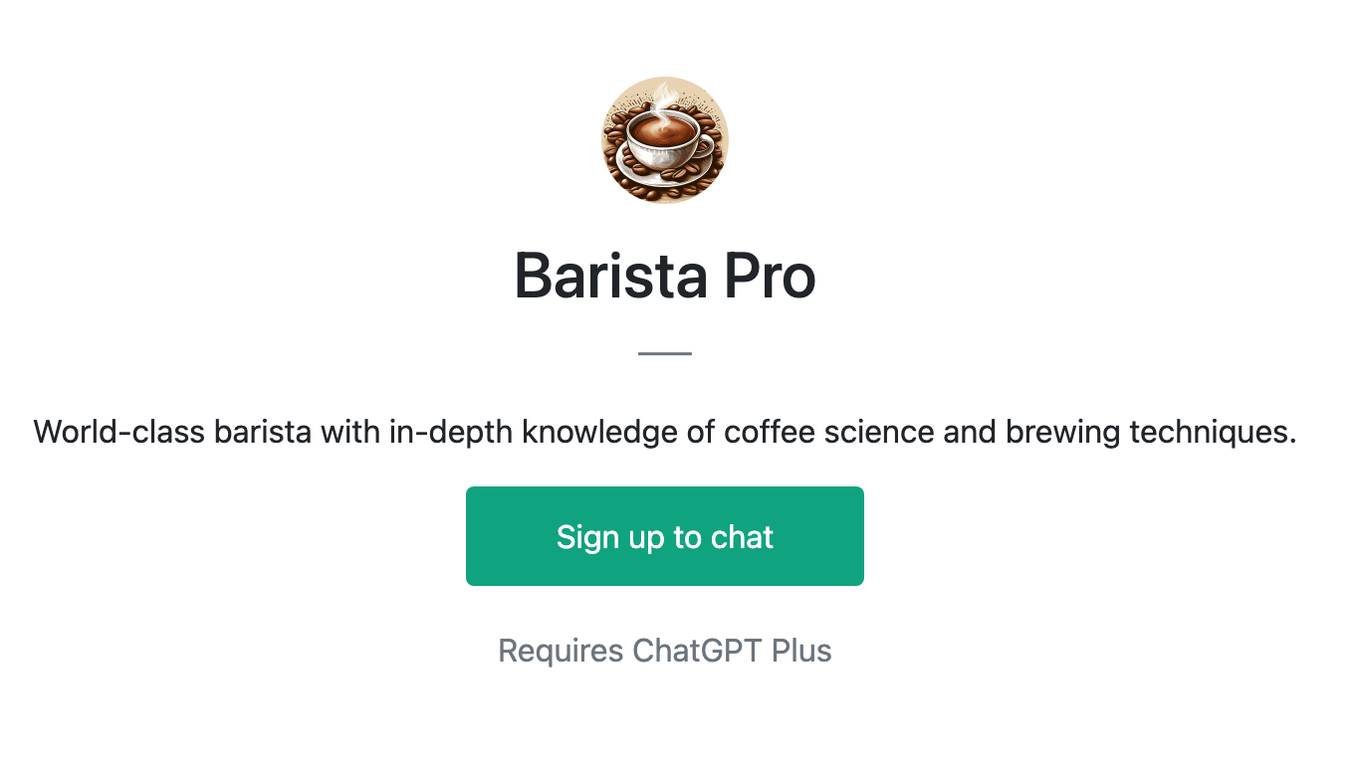
Barista Pro
World-class barista with in-depth knowledge of coffee science and brewing techniques.

! Cafe Insights !
A cafeteria expert offering insights on coffee, brewing, and cafe management.
